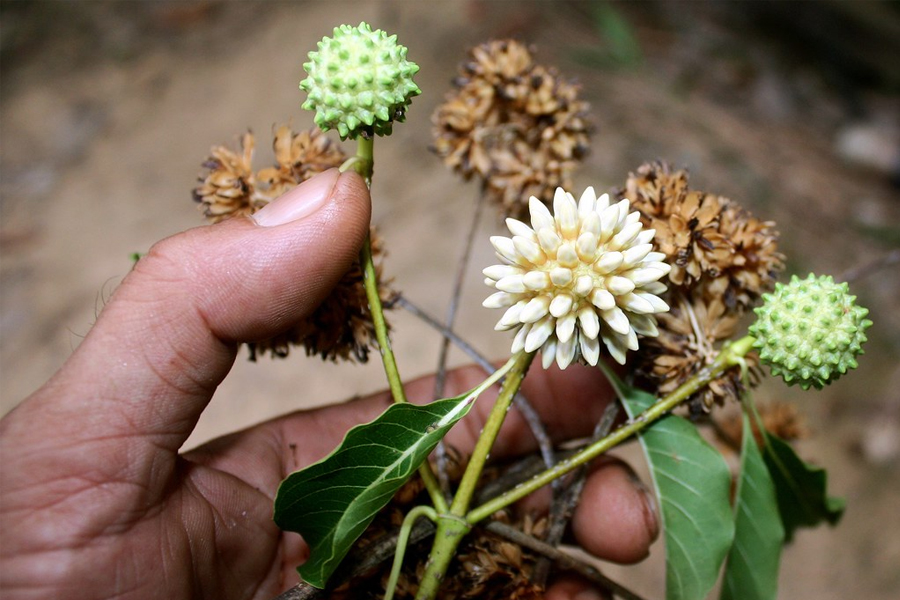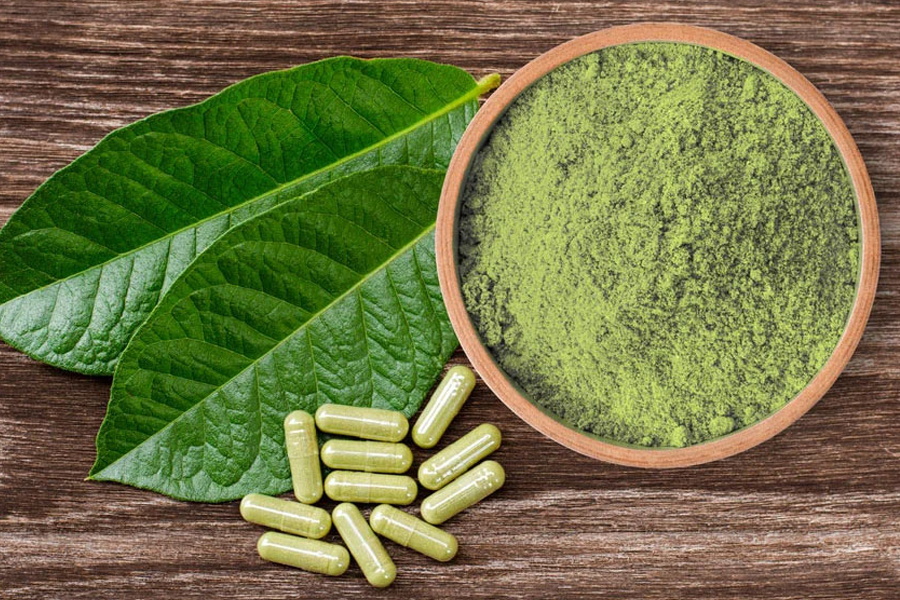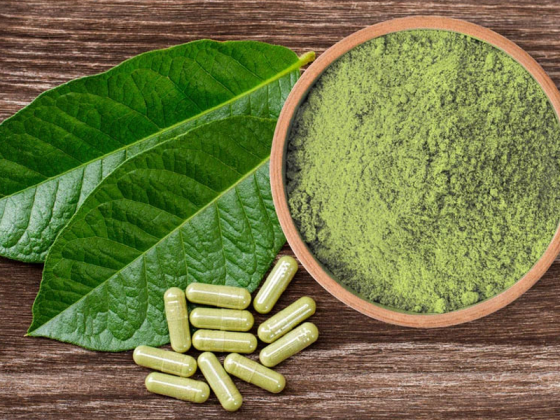As the seasons change and immune health becomes a focus, many people look for natural ways to support their wellness. One question that’s gaining attention is whether there’s a connection between kratom and immunity. Known for its diverse alkaloid profile, kratom is often used for energy, relaxation, and focus, but it may also offer indirect benefits that contribute to immune support.
In this blog, we’ll explore the potential link between kratom and immunity, including the natural properties of kratom and how it can fit into a holistic wellness routine.
Understanding Immunity and Kratom’s Potential Role
Your immune system works tirelessly to protect your body from illness, but stress, fatigue, and poor lifestyle choices can weaken its defenses. This is where kratom and immunity intersect. While kratom isn’t a direct immune booster, its natural properties—like alkaloids and antioxidants—can play a role in supporting overall health.
Alkaloids in Kratom
Kratom’s alkaloids, such as mitragynine and 7-hydroxymitragynine, are primarily studied for their effects on energy and relaxation. However, kratom also contains other alkaloids like isopteropodine, which has been suggested to support immune function.
Antioxidants in Kratom
Antioxidants are crucial for protecting your body against oxidative stress, which can harm cells and weaken immunity. Kratom’s rich antioxidant content may contribute to maintaining cellular health and reducing inflammation, which are both vital for a resilient immune system.

How Kratom Can Support Wellness
When discussing kratom and immunity, it’s important to note that kratom’s benefits are more indirect. By improving energy, reducing stress, and supporting better sleep, kratom can enhance overall wellness, which positively impacts the immune system.
1. Stress Management
Stress is a leading factor in immune dysfunction. Many kratom users report that certain strains, such as red vein varieties, help them relax and manage stress, creating a more balanced state that supports immunity.
2. Energy and Focus
Fatigue and low energy levels can make it difficult to maintain healthy habits like exercise and meal prep. White vein kratom is known for its energizing properties, helping users stay active and productive.
3. Better Sleep
Restful sleep is essential for a healthy immune system. By promoting relaxation and calm, red vein kratom may help users achieve better rest, giving the body time to recover and recharge.
How to Incorporate Kratom into Your Routine
If you’re curious about how kratom and immunity fit into your wellness plan, here are a few tips to get started:
Choose the Right Strain:
- White vein for energy and focus.
- Green vein for balanced effects.
- Red vein for relaxation and sleep support.
Start with a Small Dose: Especially if you’re new to kratom, begin with a low dose to see how your body responds.
Hydrate and Stay Active: Pair kratom use with healthy lifestyle habits like drinking water, eating nutrient-rich foods, and exercising regularly to maximize its benefits.
Maintain Consistency: Incorporate kratom as part of a daily or weekly routine to complement your broader wellness goals.

The Connection Between Kratom and Immunity
While research on kratom and immunity is still in its early stages, its natural properties—such as alkaloids and antioxidants—show promise in supporting overall health. Whether it’s helping you stay energized, manage stress, or get a good night’s sleep, kratom can be a valuable addition to a balanced wellness routine.
It’s important to remember that kratom is just one part of a holistic approach to immune health. Eating a nutritious diet, staying active, and managing stress are equally important for maintaining a strong immune system.
Make Kratom Part of Your Wellness Journey
If you’re looking to support your immune system indirectly through improved energy, relaxation, and recovery, kratom could be a great option. Explore high-quality products like Tri Sprout’s tailored solutions, designed to help you feel your best every day.
*Disclaimer: This Kratom blog emphasizes that the information shared in the blogs is for educational purposes and should not be seen as a substitute for professional medical advice. It highlights the variability in individual responses to Kratom and advises caution and responsible use. This disclaimer also reminds readers to be aware of the legal status of Kratom in their area and to stay informed about the latest research on Kratom. It concludes by stressing the importance of making informed and responsible decisions regarding Kratom use and seeking medical advice when necessary.*







